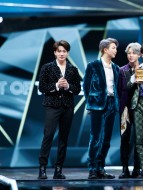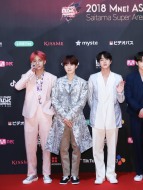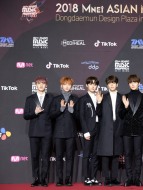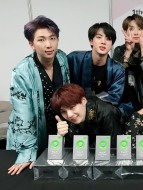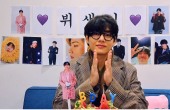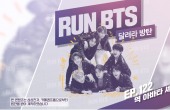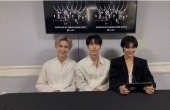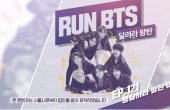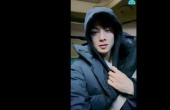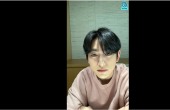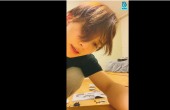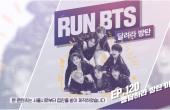Home > Feature
Government apologizes for blacklist
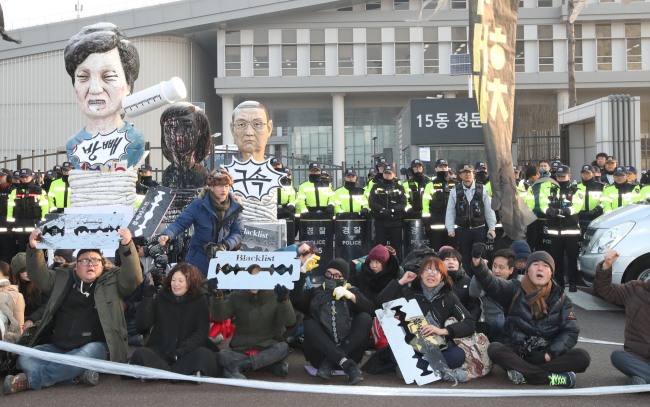 |
| In this Jan. 12 file photo, Korean artists hold an anti-government protest outside the government complex in Sejong City. (Yonhap) |
On the heels of former Culture Minister Cho Yoon-sun’s arrest Saturday for her alleged involvement in creating the list, the ministry held a press conference at the government complex in Sejong to issue a public apology and announce follow-up measures.
“We are deeply ashamed that the list of artists to be excluded from governmental support sparked controversy over fairness, when the ministry should be the final stronghold protecting the freedom and creativity of art. ... Furthermore we failed to swiftly unearth the truth (about the blacklist) and draw up countermeasures,” said Vice Culture Minister Song Soo-keun.
The ministry vowed to establish an organization -- comprised mostly of artists -- to discuss ways to guarantee the cultural circle’s freedom from outside interference. It also pledged to work with the National Assembly to revise the Culture and Arts Promotion Act to prevent outside pressure.
The recent corruption scandal involving President Park Geun-hye and her confidante Choi Soon-sil alleges that the pair and their inner circle exercised influence over state-funded culture projects for their personal gain. The presidential office has also been accused of ordering the Culture Ministry to keep a blacklist of anti-government artists to be excluded from government support.
Monday’s announcement, however, did not offer any information on what the ministry knows about the blacklist. Instead, it shifted the focus to independent counsel Park Young-soo and his team investigating the blacklist and other scandals related to Choi.
“Exactly who cooperated in (creating the blacklist) is controversial in itself. If someone needs to be held accountable, we will take appropriate measures when the independent counsel’s probe wraps up,” said Song, without elaborating on the said measures.
Song did not offer any explanation on whether ministry officials who participated in the creation of the list have been punished.
Song himself was investigated for possible involvement in the drawing up of the blacklist as a high-ranking ministry official. He flatly denied the accusations.
The vice minister added that the ministry has not conducted an internal audit on the scandal.
“We do not yet know the exact details of the scandal as the investigation (on the blacklist) is still ongoing,” he said.
He also did not reveal how many artists were included on the list, what kind of disadvantage it caused and when and how the list came into being.
In protest against the blacklist, Korean artists have been staying in tents set up in Gwanghwamun Square since November. Since last week, they have been holding anti-government performances at a “Black Tent” set up in the square.
On Jan. 12, the artists held an overnight protest demanding President Park’s ouster and Cho’s arrest outside the Sejong government complex.
By Yoon Min-sik minsikyoon@heraldcorp.com)









